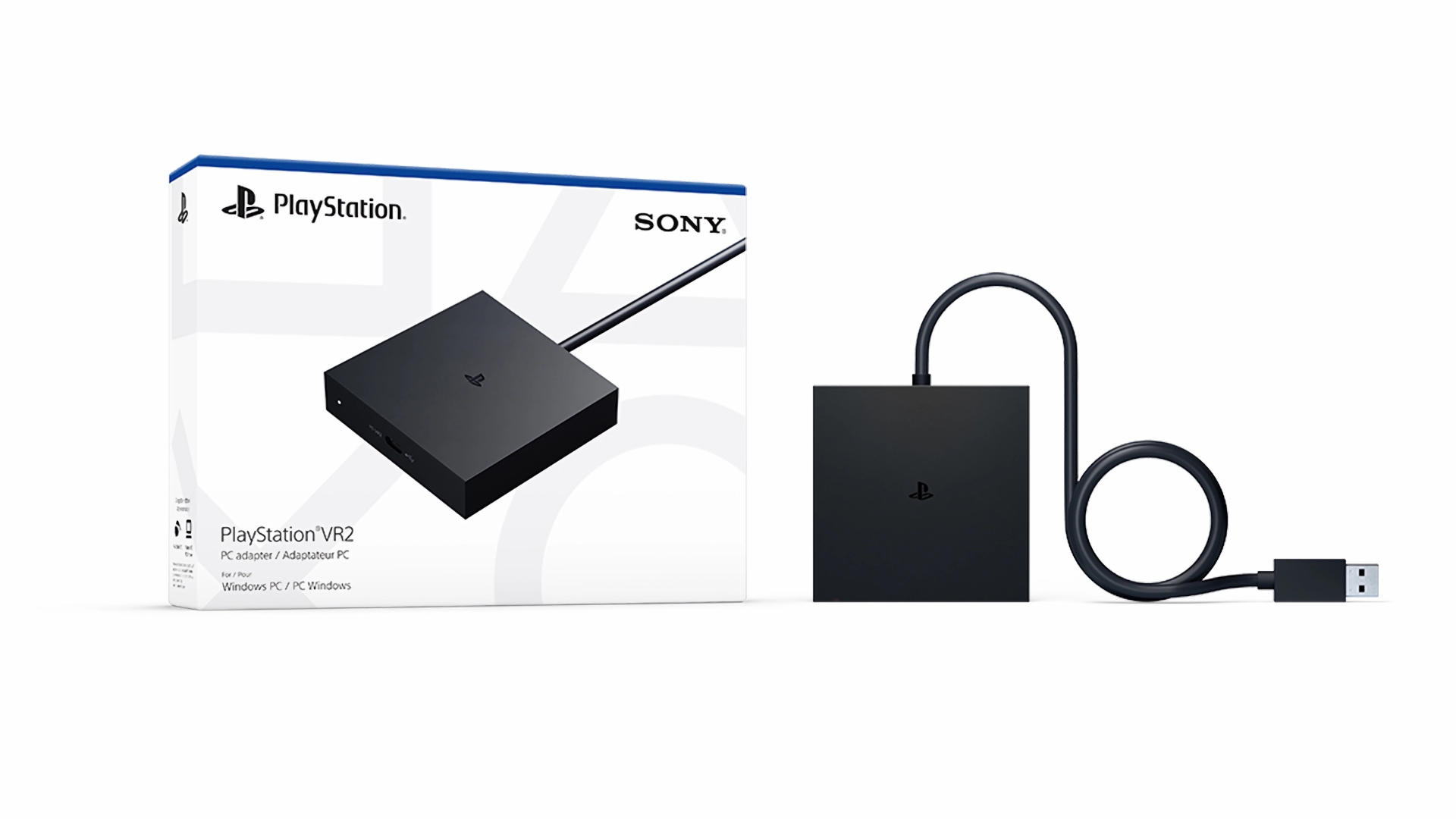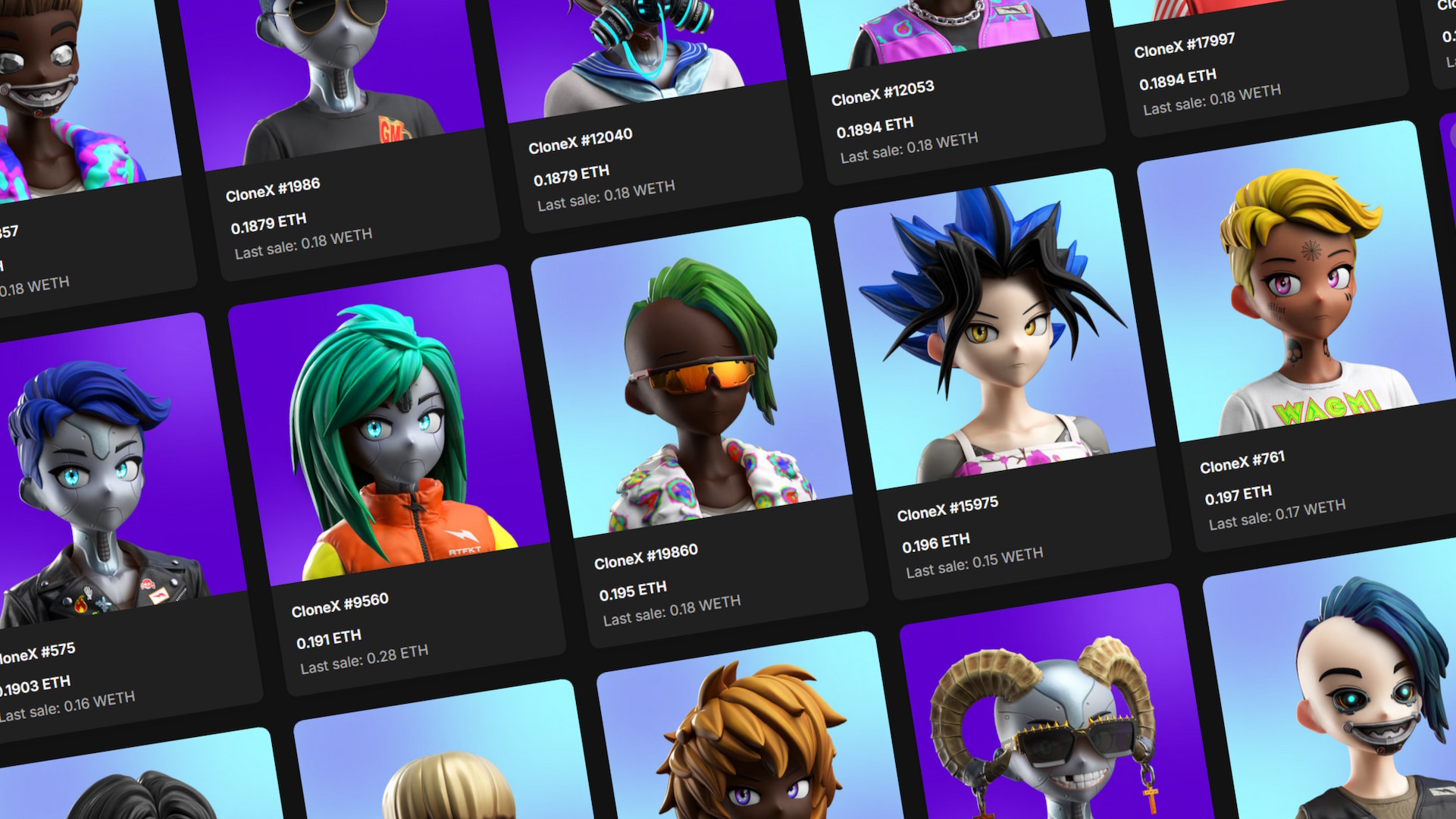
Sony just doing Sony things in the Sony way, I guess.
Suppose you’re a fan of VR gaming and you’ve been looking for a headset that offers high resolution and a wide field of view, to keep motion sickness at bay. In that case, you might be pleased to know that Sony has announced an adapter for its PlayStation VR 2 headset that’ll let you hook it up to any suitable gaming PC. What you might be less pleased about is just how many of the PSVR2’s features won’t be available on that platform.
Sony launched its second-generation VR headset for the PlayStation 5 last year, though it’s not sold particularly well since then. That’s certainly not down to its hardware specifications, as they’re pretty decent—its HDR OLED panels with 2000×2040 resolution and up to 120 Hz refresh rate are easy on the eye, as is the 110-degree field of view.
There are infrared cameras to track eye movement, and multiple gyroscopes and accelerometers to monitor head movement (along with more cameras to aid in that). Plus the hand controllers are furnished with adaptive triggers and haptic feedback, very much like that in Sony’s Dualsense controller for the PS5.
Sounds fab, yes? Except the PC adapter won’t support the use of HDR, headset feedback, eye tracking, adaptive triggers, and haptic feedback (other than rumble). In other words, all the best aspects of the PSVR2 that make it stand out against the likes of the Meta Quest 3 won’t be an option.
And then there’s the price of the adapter to consider. If you don’t already have the PSVR2 headset, you’ll need to spend around $450/€500/£440 to get one and then another $60/€60/£50 on the PC adapter kit itself. Combined, that’s more than the price of the 256GB version of the Quest 3 and you’re not getting any massively better, in terms of features.
You’ll also need a spare DisplayPort cable (DP1.4 compliant), a Steam account (to get its SteamVR app), and a PC that meets the minimum hardware requirements:
At least this last aspect is palatable, as that’s a very reasonable set of requirements. It’s worth noting that in VR gaming, high-resolution panels can place a big demand on the GPU, as it needs to render two such frames at a high enough rate, to prevent motion sickness from kicking in.
This is why Sony recommends a GeForce RTX 3060 or Radeon RX 6600 XT for the graphics card, to ensure everything is as smooth as possible. A lot does depend on the game being played, though, and many VR games go quite easy on the graphics to give the GPU an easier time of things.
If you’re still sold on the idea of using Sony’s PSVR2 headset on your gaming PC, and who am I to judge if you are, then you’ll need to wait a while as it won’t be available until August 7. That gives you enough time to check out the best VR games but, to be frank, if this is your first time dipping a toe in virtual reality, then I strongly recommend you don’t spend too much and go with the Meta Quest 2, the best, cheap way into VR gaming.






